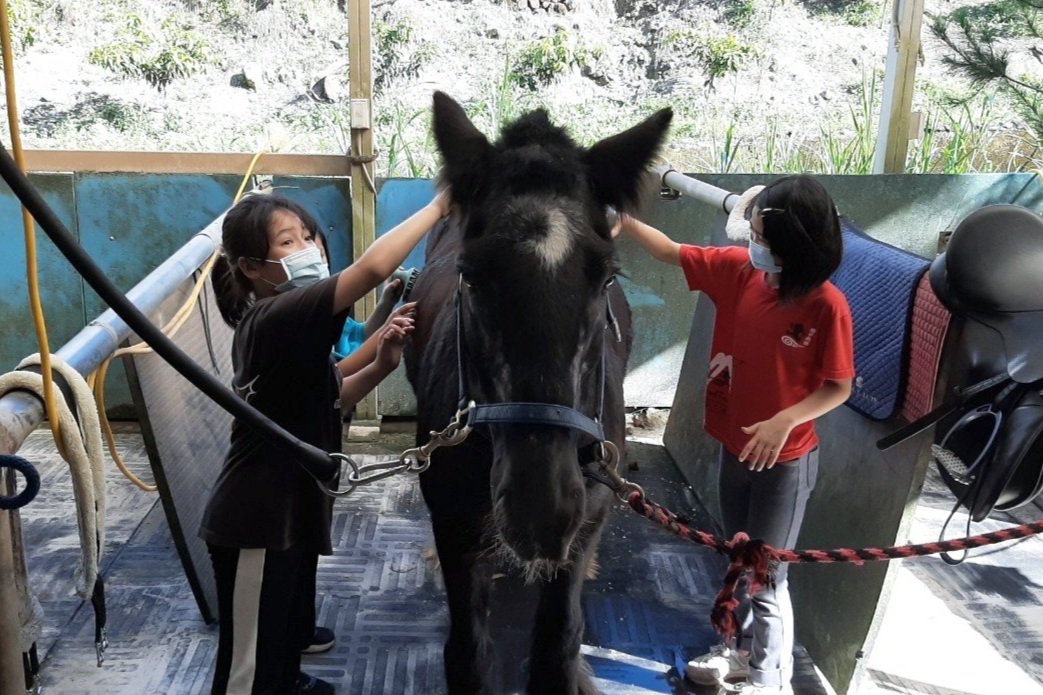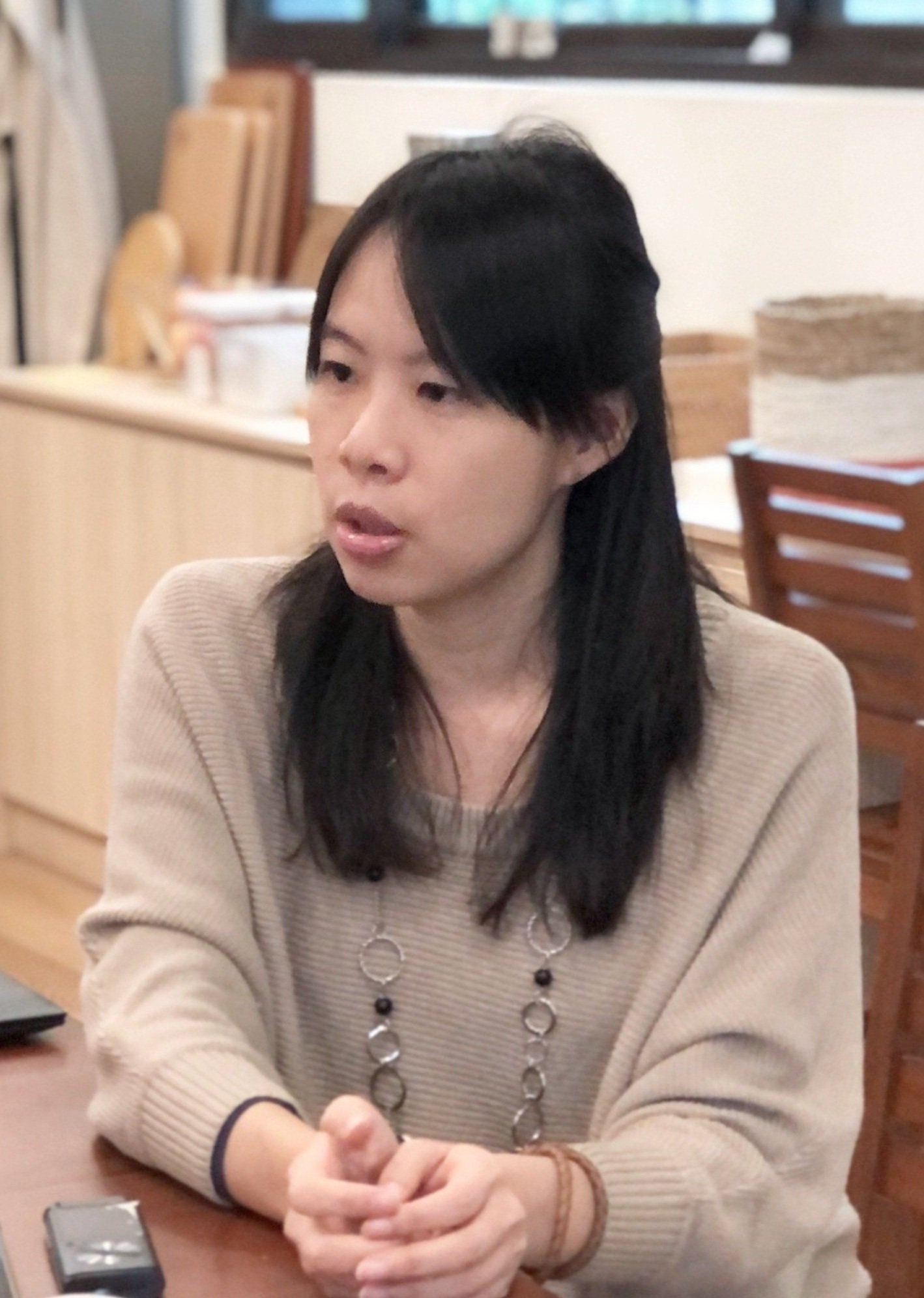Susan Chen, another guide at Y2MAC, also has an interesting life story.
Unlike Fankan, who first learned about Montessori education after participating in Montessori teacher training upon joining Y2MAC, Susan is an experienced teacher who has worked in Montessori classrooms.
She graduated from Cornell University’s Department of English and both lived and traveled in Malaysia and Europe.
Susan started as a language teacher in 2007, but after nine years, she started to question the purpose of education.
Susan set out in search of answers. In 2019, she attended the one-year AMI Montessori 6-12 Diploma Course at the Washington Montessori Institute while receiving her Master’s degree.
She recalls with excitement, “When I first stepped into the world of Montessori, it felt like a rebirth.” She discovered how different the Montessori approach was from traditional forms of education.
For example, teachers should not heap exaggerated praise on their students but simply acknowledge their progress and achievement with a direct statement “You did it.” Thus, she gradually rediscovered the purpose of education.
After returning to Taiwan, she served as a full-time teacher at Taiwan International Montessori Experimental School. During this time, she traveled to Hershey Montessori School to receive the Montessori AMI 12-18 Orientation Course.
She describes this period as her second rebirth, “It feels like new skin growing over an old wound. It feels like I’ve let go of the past and discovered my true self.” Each rebirth is a rediscovery of the self, just like students’ transformations over time while transitioning from the traditional school system to experimental education.
Filled with delight and positive energy, Susan explains how ready she was to take on the challenge at her old school when they set up a middle school, “We didn’t have a farm there, so we would hold classes in cafes scattered throughout the city.
The students all have fond memories of that period.” Starting from scratch, the students learned solid life skills, such as how to set a budget and choose paint for the walls.
She observed that Montessori students tend to be more independent, self-reliant, and aware of who and what their needs are. If they get lost or confused, they know how to seek help.
Their interpersonal relationships come from an innate understanding of who they are and respect for others, rather than a set of arbitrary social norms.
Some describe Susan as an inspirational teacher with a magic touch. She herself hopes to inspire students to live up to their full potential, saying “We are guides, not teachers.
I will guide adolescent students, but in the end, they are the ones who must evaluate who they want to be, explore their possibilities, and get back up again after falling down.”
After her many rebirths in her own Montessori journey, in August 2021, Susan came across Y2, whose aims of affecting change deeply resonated with her. Change requires a community to encourage each other, to support one another, and to learn and grow together.
“I am honored to embark on this journey with adolescents, to help them discover themselves, and am ready to inspire and to be inspired.”




















